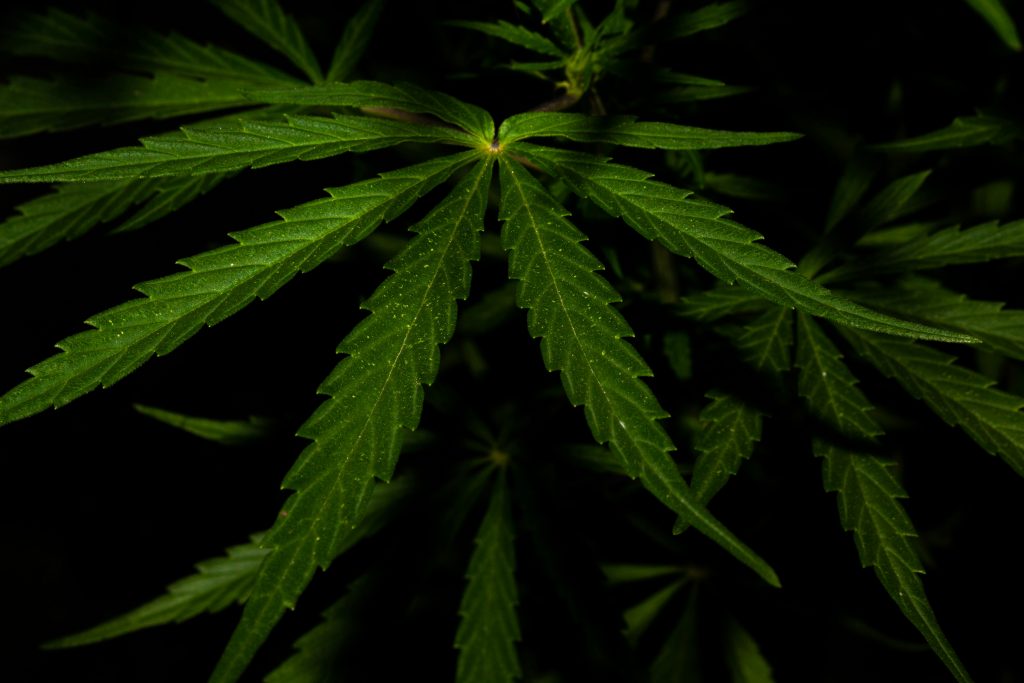In a pivotal moment ahead of the upcoming November elections, federal prosecutors have unveiled their most detailed argument yet against former President Donald Trump, focusing on his alleged attempts to overturn the results of the 2020 election. Special counsel Jack Smith’s team asserts that Trump acted not as a sitting president but as a private citizen who was engaged in a conspiracy to manipulate the electoral process. This assertion highlights the gravity of the accusations against Trump, suggesting that he knowingly participated in activities intended to subvert the democratic process.
The newly unsealed court documents present a wealth of evidence detailing Trump’s actions during the tumultuous period leading up to and following the election. Prosecutors contend that Trump resorted to illegal measures in his desperate attempt to retain power, including the use of fraudulent electors and the propagation of false claims regarding election integrity. These allegations raise serious questions about the former president’s motivations and the legality of his actions during a critical time in American history.
One particularly alarming revelation from the recent filings involves Trump’s response to a situation on January 6, 2021, when his aides informed him that then-Vice President Mike Pence was in danger amidst the chaos at the Capitol. Trump’s alleged indifference has drawn sharp criticism and deep concern, underscoring the potential risks associated with his leadership during a national crisis.
The special counsel’s argument is framed around the notion that Trump was not acting in his official capacity as president but rather as an individual attempting to orchestrate a coup against the electoral process. This distinction could play a crucial role in the legal proceedings, as it raises the question of whether Trump should be held to different standards of accountability.
As the case unfolds, the implications for the political landscape are profound. With the nation gearing up for another election cycle, the revelations surrounding Trump’s alleged misconduct may influence public opinion and voter behavior. The prosecution’s case not only seeks to hold Trump accountable for his actions but also aims to reinforce the principle that no one is above the law, particularly those who have held the highest office in the land.
Legal experts have noted that the strength of the evidence presented thus far could significantly impact the outcome of the case. If the prosecution can convincingly demonstrate that Trump knowingly participated in a scheme to undermine the election, it may set a precedent for how similar cases are handled in the future. Moreover, the potential ramifications for Trump’s political career are substantial, as he continues to maintain a significant following among Republican voters.
In conclusion, the battle over the 2020 election’s integrity continues to unfold in the courtroom, with Jack Smith and his team at the forefront of a crucial legal fight. As America watches closely, the outcome of this case could reshape the political landscape and redefine the boundaries of accountability for public officials. The stakes are high, not only for Trump but for the very fabric of American democracy itself. The next few weeks will be critical as both sides prepare for what promises to be a landmark trial in the history of U.S. politics.

